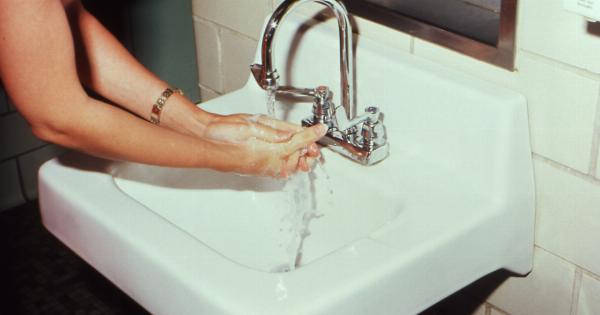Parenting is no easy feat, and it’s important for parents to understand the different roles that they play in their child’s life.
While each parent has their own unique style, there are generally distinct roles that moms and dads fill that affect a child’s development.
The Nurturer
Moms are typically viewed as the primary nurturers in a child’s life. They offer emotional support, affection, and care that is necessary for a child’s wellbeing.
Moms also tend to be the primary caregivers, and are often the ones who take care of a child’s day-to-day needs like feeding and dressing.
This doesn’t mean that dads can’t be nurturing. In fact, when dads take the time to nurture and comfort their child, it can help build a strong bond between them.
This bond is essential to a child’s development, as it provides a foundation for them to feel secure in their relationship with their parents.
The Protector
Dads are often seen as protectors. They’re typically larger and stronger than moms, and can provide a sense of safety and security for their child.
Dads might also be more likely to engage in rough-and-tumble play, which can help children build physical strength and develop their motor skills.
That being said, moms can be great protectors too. They might offer emotional protection by creating a safe and nurturing environment in the home.
And while moms might not engage in rough-and-tumble play as often as dads, they can still be physical protectors by setting boundaries and enforcing rules that keep their child safe.
The Disciplinarian
When it comes to discipline, both moms and dads play an important role. However, they often have different approaches to discipline that can help children learn and grow.
Moms are more likely to use gentle discipline, which involves positive reinforcement and offering choices. This approach can help children develop their decision-making skills, and can encourage them to make good choices on their own.
Dads, on the other hand, might be more likely to use firm discipline, which involves setting clear consequences and enforcing rules. This approach can help children understand that there are consequences to their actions, and can help them develop a sense of responsibility.
The Role Model
Both moms and dads are important role models for their children. They can influence their child’s behavior, attitudes, and values by modeling positive behaviors themselves.
Moms might model nurturing behaviors by showing empathy and compassion towards others. They might also model good communication skills by actively listening and expressing concerns in a calm and respectful manner.
Dads can model confidence and leadership by taking charge in challenging situations, and can model perseverance by setting goals and working hard to achieve them. By modeling these positive behaviors, parents can help their children grow up to be happy, healthy, and well-adjusted.
The Provider
Another important role that both moms and dads play is providing for their child. This includes not only providing financial support, but also providing emotional support, guidance, and encouragement.
Moms might be more likely to provide emotional support, offering comfort and reassurance when a child is feeling anxious or stressed.
Dads might be more likely to provide guidance, helping a child navigate difficult decisions or offering advice on how to handle challenging situations.
The Helper
Moms and dads also play the role of helper. They’re both there to lend a helping hand when their child needs it. Moms might help with homework, listen to their child’s problems, or take care of them when they’re sick.
Dads might help with household repairs, teach their child how to ride a bike, or play catch with them in the backyard.
By working together as a team, moms and dads can support their child in all areas of their life and help them grow up to be happy, healthy, and well-adjusted adults.
The Bottom Line
Moms and dads each play a unique and important role in their child’s life. By understanding these different roles, parents can work together to provide their child with the love, support, and guidance they need to thrive.
Whether it’s offering emotional support, providing discipline, or simply being there to lend a helping hand, both moms and dads have something special to offer their child.






























